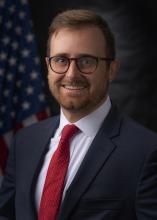Deep beneath the surface of our nation’s bodies of water lie treasures from historic shipwrecks. From private and merchant ships to military ships and submarines, these sites provide insight into the history, perseverance, and leadership of the United States on our bordering oceans and waterways.
The Advisory Council on Historic Preservation (ACHP) has a role in reviewing this
